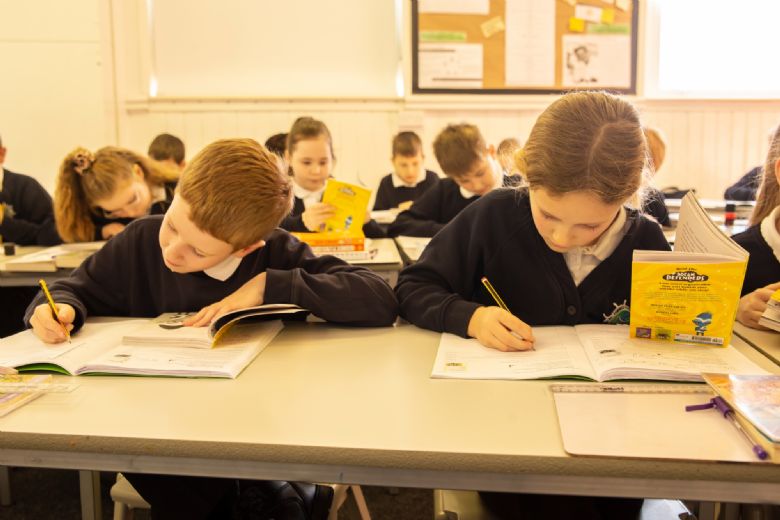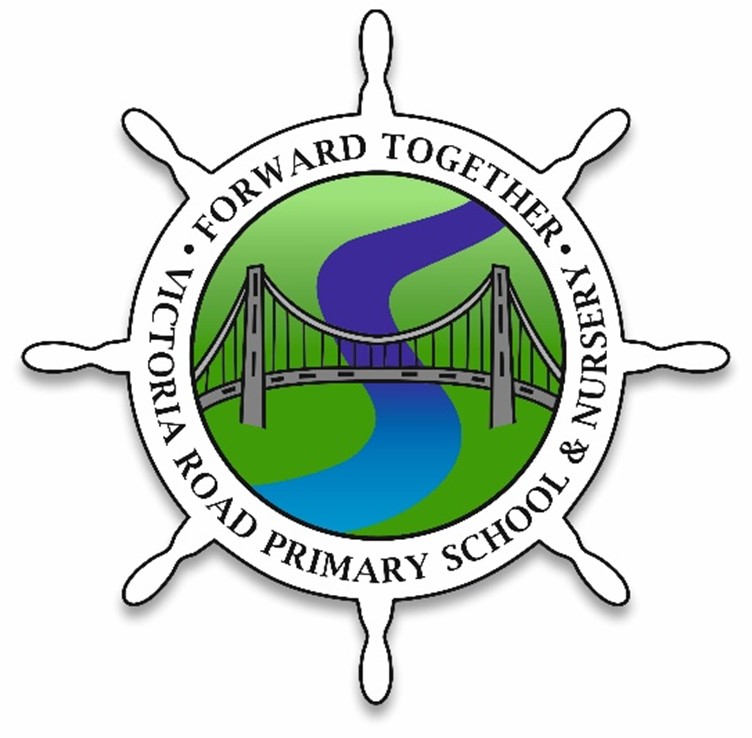Writing
Subject Rationale for Writing
Introduction
At The Learning Academies Trust, we are highly motivated to ensure that the disadvantages children face in their life circumstances do not affect their education, dreams, and futures. We are acutely aware of the vital role that language development, reading, writing and oracy skills have when it comes to accessing and enjoying education, as well as improving life chances, which is why we are dedicated to placing these life-skills at the heart of our curriculum.
Intent | What and why do we teach what we teach?
We expect the vast majority of pupils to move through the programmes of study at broadly the same pace. However, for children who lack fluency in writing or have a particular weakness that hinders their progress, we provide opportunities to consolidate their understanding through additional scaffolding (this could be through adult support or adapted work).
At Victoria Road, we start by identifying the language features and grammatical constructions that are needed for a particular genre. Pupils are provided with WAGOLLS (What a good one looks like) so that they are exposed to high quality models and can begin to understand what the outcome of a unit of learning will look like. We explicitly teach grammar as part of the writing process, which leads into shared writing, whereby pupils are shown how to apply what they have learnt through creating their own piece of writing. Every writing unit culminates in an independent piece of writing, which is used to celebrate success and identify next steps in learning. Objectives are detailed in a medium-term plan to ensure that pupils are taught what they need to know to be successful in a progressive, logical way. Across a writing unit at Victoria Road, there are 4 clear stages: Immersion, Innovation – Planning Stage, Innovation – Shared Writing and Innovation – Independent Writing. Short term planning is completed on flipcharts using our standardised school proforma.
In EYFS, pupils are provided with a wealth of resources to develop their writing skills. Emergent writers can use various writing resources (chalk, paint, pens, pencils, water, and brushes) to practise making meaningful marks. Pupils can access these materials during independent learning times and use this to extend their play and ultimately their learning. This is enhanced through the delivery of RWI Phonics sessions in which pupils learn individual letter formation and how to hold and build sentences. Fine motor control activities are also provided in EYFS to ensure that pupils are ready for writing.
In the Autumn Term of Year 1 pupils are predominantly taught writing through the delivery of the RWI Phonics Programme. Through its consistent and systematic approach, children become confident in applying their phonics to writing. The programme includes many structured activities that enable children to write accurately and coherently, these activities include how to hold a sentence and how to edit sentences using their writing toolkits. Children also have lots of time to develop and share ideas through partner work, thinking out loud and orally rehearsing their sentences.
Children are also given opportunities to re-read their writing to check it makes sense and that it has the core components of a successful sentence/ piece of writing, i.e., capital letters, finger spaces, and full stops. This ensures that the core writing skills for Year 1, as outlined in the National Curriculum, are explicitly taught in a consistent, clear, and highly structured way, which supports the children in their early writing journey to write with confidence, accuracy, and coherency.

Implementation | How and when do we teach what we teach?
As pupils progress through Year 1, pupils continue to write in RWI Phonics programme and begin completing writing units as detailed in the LAT English Genre Matrix. The matrix recognises the importance of learning how to write fiction, non-fiction and poetry. As pupils progress through their time at Victoria Road, they will repeat genres which will allow for spaced learning and provide pupils with the opportunity to refine previously learnt skills and show an im proved level of sophistication with their writing. Across a term, teachers will plan to deliver a mini mum of one fiction unit, one non-fiction unit and one poetry unit. Units are no longer than 3-4 weeks, which means that there is time to include additional units. These additional units are often based around high-quality, inspiring books (often from the school’s Reading Spine) are used to address any gaps or misconceptions in learning.
To ensure that pupils are supported, challenged and ready to write extended pieces, pupils are provided with a range of challenges across a writing unit. Depending on the stage of writing, challenges will be planned accordingly. All challenges will be planned at an appropriate level, along with any necessary scaffolds. Scaffolds may be in the form of ‘Warm Up Challenges’ in SPAG lessons, an adapted writing toolkit in shared/independent writing, sentences stems, word banks or phonics sound mats.
At Victoria Road, we know that for children to be successful at spelling, a clear structure that consolidates and extends is needed. The Spelling Shed Programme is used in Years 1 to 6. This pro- gramme will ensure that pupils are taught all the required objectives from the National Curriculum. The Spelling Shed programme is taught in addition to writing lessons. Content from these lessons will then be applied in their writing lessons. In writing lessons, pupils are supported in addressing misspelling in a way that is appropriate to their age or stage. This progressive process of correcting spelling at Victoria Road aims to develop pupils’ independence.
At Victoria Road, we aim for pupils to be fluent, neat writers. In order for pupils to focus on the content of what they write, over time, pupils are taught how to write legibly and fluently so that the outcomes of their writing can be the focus. In EYFS and Year 1, pupils are taught how to form individual letter shapes as part of their RWI phonics lessons. Pupils are taught rhymes that support them in forming letters correctly. Year 1 to 4 also have separate handwriting lessons. In Year 2, pupils are taught how to join correctly to ensure that writing is neatly presented and easy to read. At the beginning of every long term, pupils complete their ‘My Best Handwriting’. This is used as a benchmark for upcoming handwriting presentation and acts as a reminder of what can be achieved.
Impact | How do we assess the impact of what we teach via pupil outcomes?
Teachers will use a range of formative and summative assessment in writing to assess the children’s understanding and what they need to do next. The design and delivery, along with assessment of pupils’ learning ensures that pupils will always know more, understand more and therefore do more. During the lesson, through live marking, questioning and tasks, teachers will check that the children have understood the focus of the learning. The teachers and teaching assistants will assess the pupils’ achievements against the learning objective. Feedback will be provided to support pupils in making progress. In EYFS, feedback is given at the point of learning. In KS1, pupils will have good examples shared to the whole class and then address misconceptions through either discussion with their class teacher or by answering next steps. From Year 2 onwards, Whole Class Feedback will be provided regularly. This celebrates successful learning but importantly supports pupils in addressing any errors or misconceptions. Pupils across the school are given time to respond to any feedback they have been given.
At the end of each writing unit, pupils complete an independent piece of writing which is marked against the LAT English Writing Assessment Tool to which is linked to year group National Curricu lum expectations. Teachers use this tool to inform future planning and provide next steps to pupils. Across-year group and across-school moderation aims to ensure accuracy and consistency in teacher assessments and take place termly. Children are able to show that their writing knowledge and skills are developing as they apply them to a wide range of genres in a confident and successful way regardless of their starting point. This sense of achievement ensures a love of writing.

